Concurrent Sessions IV | April 24 | 4:00 PM – 4:50 PM
Session 4A: Why Outsourcing Should Really Be a Partnership
Description
Join us for an informative and interactive panel discussion regarding the state of Facilities Services and how a partnership can make a marked impact on your institution. During our session, we will share insights and tools that will help you qualify potential partners, the difference between a labor model contract vs. a comprehensive consulting contract and best practices on how to set your facilities department up for success in a post-pandemic world. Learn how to take a partnership to the next level and assimilate your campus culture with your facilities partner to provide a great student experience and a positive employee transition.
Learning Objectives
1. Learn if a partnership model is right for your campus and how to evaluate, validate and qualify potential partners. You will understand the various contracts you can have with your facilities partner.
2. Learn the best way to assimilate your campus culture through a partnership that is centered around a collaboration with your staff, leadership and student community.
3. Learn how a partnership can enhance your biggest assets, your buildings while generating positive messaging throughout the process to ensure employee retention and student satisfaction remain high.
Speakers
 Tim Hagenburger, SSC Services Education, National Vice President of Sales Tim Hagenburger, SSC Services Education, National Vice President of Sales
Tim Hagenburger is the National Vice President of Sales for SSC Services for Education. For over 30 years, Tim has been helping education partners enhance their facilities program to meet the needs of their students, faculty, and staff. As a former operator, Tim’s extensive experience with SSC provides a deep understanding of the importance of helping boost recruitment and retention while creating a customized program to enhance your campus environment to feel like home for students.
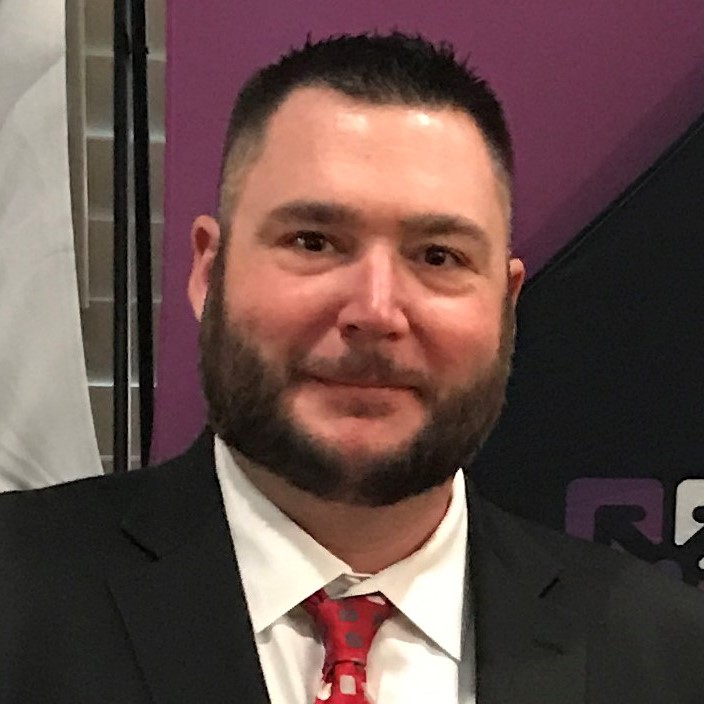 Justin Liszka, SSC Services Education, Regional Director of Operations Justin Liszka, SSC Services Education, Regional Director of Operations
Justin Liszka is a Regional Director of Operations for SSC Services for Education. For over six years, Justin provided oversight of building maintenance and operations, grounds management, management of facilities enhancement projects, and cost-effective custodial maintenance services. Some of his accounts included Texas A&M Galveston, Texas A&M West Texas, Texas A&M Commerce, and Oldfields Boarding School outside of Baltimore. Justin is currently the Regional Director of Operations Higher Ed for the Southeast with oversite of Queens University, Belmont Abbey College, Johnson C Smith University, and Greensboro College. Justin resides in Oak Ridge, NC, with his wife Melinda, daughter Lily, and son Jude.
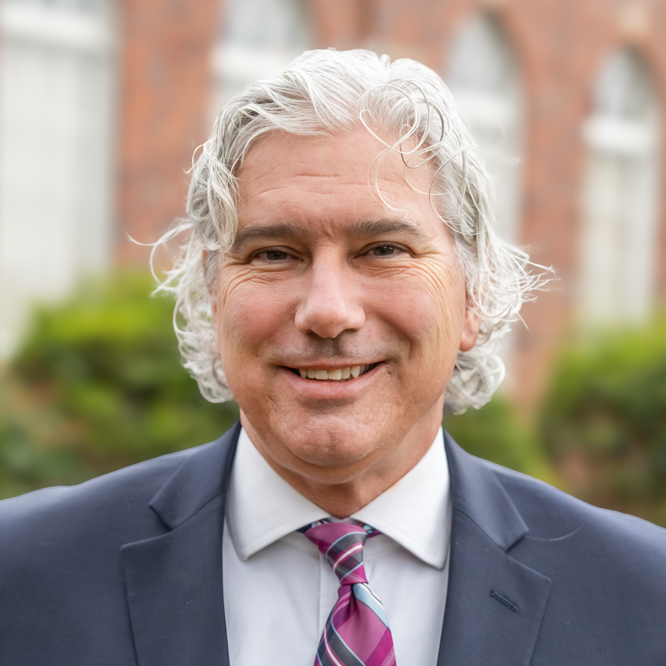 Allan Mark, Belmont Abbey College, Chief Financial Officer Allan Mark, Belmont Abbey College, Chief Financial Officer
Allan Mark has been the Executive Vice President/Chief Financial Officer at Belmont Abbey College since 2013 and has over 20 years of experience in Finance and Education. Before joining Belmont Abbey, Mr. Mark spent time with Fortune 300 Company Sonic Automotive and as an auditor for Deloitte, where his primary focus was manufacturing and real estate. Mr. Mark began his career teaching public middle and high school mathematics and coached baseball, basketball, and golf.
Currently writing a dissertation for his Ed.D in Educational Leadership, he has received a Master’s degree in Accounting and a Bachelor’s degree in Mathematics and Education. He is a Certified Public Accountant (CPA) and a North Carolina General Building Contractor. He has served in several leadership governance roles in Finance and strategic planning and advises companies in the real estate and manufacturing sectors.
Session 4B: GLBA Compliance and Trending Security Issues in Higher Education
Description
Our presentation will address the changing requirements of the Gramm-Leach-Bliley Act (GLBA) and how this affects security, and Title IV funds in higher education. We will address the major trend of ransomware attacks, other relevant breach data, and what institution leaders must do to better secure the data of their students and other institution critical data. The Co-Presenter, a CIO in ED will walk through their roadmap to compliance and address the importance of leadership involvement in security.
Learning Objectives
1. Clear understanding of the GLBA and the role required by management.
2. A review and understanding of the risk assessment process and its importance as the foundation of the information security program.
3. An understanding of relevant breach data and how to use this data to better understand trends and methods to remediate risk.
Speakers
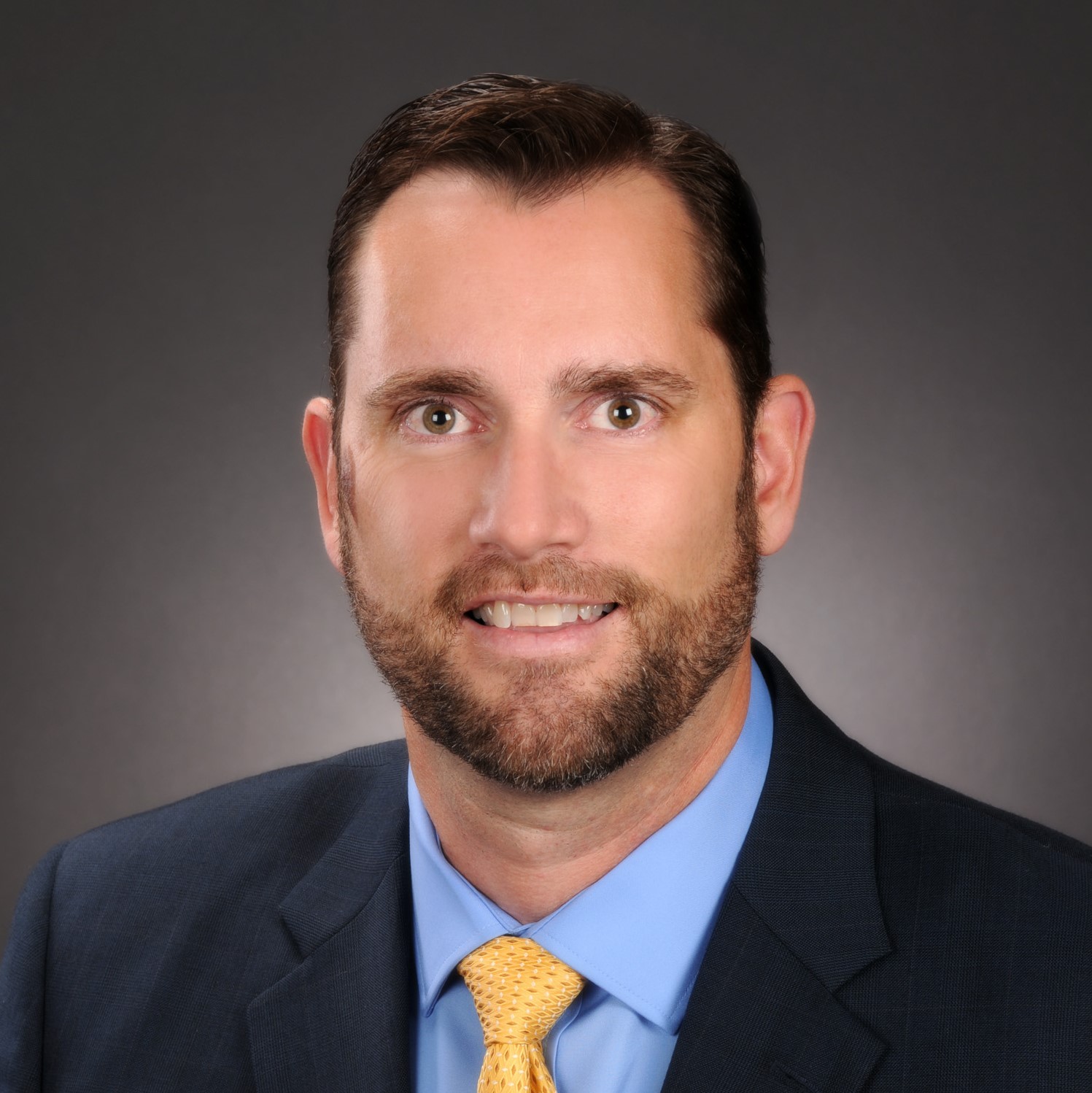 Johnny Sanders, Forvis, Director Johnny Sanders, Forvis, Director
Johnny has more than 25 years of information technology experience. Most of his experience was acquired during active duty in the U.S. Air Force, where he was a system administrator over multiple platforms as well as an information security officer. He focuses on cybersecurity, payment card industry audits, IT audits, system security, policy, business continuity, and disaster recovery reviews for various industries as well as financial institutions and institutions of higher learning. Before joining FORVIS, Johnny was senior engineer for a large IT company that managed a sizable international project for the U.S. Department of Defense. In addition to leading network and datacenter administration teams, he was responsible for system audits, security, and network accreditation.
He also served as the chief operating officer for a regional broadband development company where he directly managed all installation and IT personnel, as well as overseeing network security and product development. Johnny also taught basic and advanced network design, network security, and routing administration for Cisco Networking Academy at Arkansas State University.He holds Payment Card Industry Qualified Security Assessor (PCI-QSA), Certified Information Security Manager®, Certified Information Systems Auditor®, and CompTIA Security+ certifications.Johnny is a graduate of Mid-America Christian University, Oklahoma City, Oklahoma, with a B.S. degree in business management.
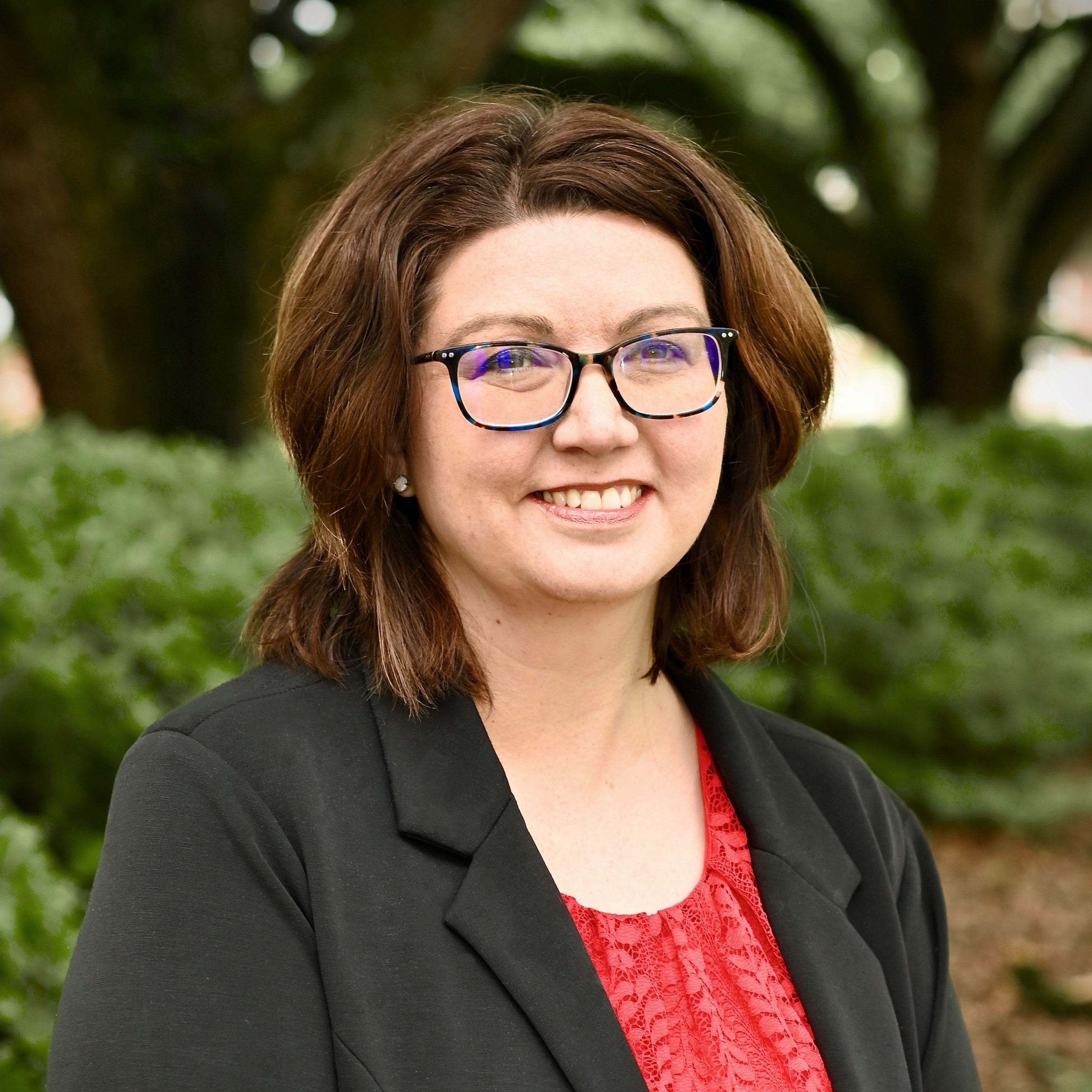 Stephanie Steelman, Bellhaven, Associate Vice President of Information Technology and Systems Administration Stephanie Steelman, Bellhaven, Associate Vice President of Information Technology and Systems Administration
Stephanie Steelman currently serves as the Associate Vice President of Information Technology and Systems Administration at Belhaven University. She directly leads all IT areas of the university, including software and systems, user support, institutional research, networking, and cybersecurity. Additionally, Stephanie leads multiple cross-functional teams across the university and is known for driving strategic planning initiatives and change.
Stephanie’s previous work experience encompasses jobs in the wireless technology field and various IT roles in higher education. Before joining Belhaven University, Stephanie was a software developer for a wireless technology provider, where she wrote and oversaw all commissions and quota reporting for the company.
Stephanie holds a Bachelor’s degree in Information Technology Communications from the University of Southern Mississippi and a Master’s of Business Administration degree from Belhaven University. She is working towards her Doctorate in Computer Science in Cybersecurity and Information Assurance at Colorado Technical University. Stephanie holds certifications in SQL and Security+ and is a member of the Council of Christian Colleges and Universities Commission on Technology.
Session 4C: Best Practices: Compliance-based Fiscal Training with Micro-credentials
Description
The Department of Financial Management, with the support of the Vice President for Finance, developed a Fiscal Training and Development Program to improve business operations in the university. Through this robust program, employees learn higher education financial concepts, policy navigation, compliance-driven practices, operational procedures, business intelligence tools, and decision-making skills. This certificate program provides a comprehensive structure for ongoing professional development. In an environment of continuous learning and sharing we are providing an opportunity to increase their understanding of our fiscal responsibilities at Virginia Tech. We have created four certificate programs with 60 modules that match the career stages of a financial professional. During each certification level, participants join a cohort of colleagues, which fosters professional relationships and knowledge-sharing. After completing a module, a participant earns a badge that becomes part of their online professional record. Each badge is connected using a digital pathway. Based on completion of the outlined requirements, the participant earns a final digital micro-credential that demonstrates their completion of all the certification requirements. Digital badging allows formal connections for the training programs, the capability to track prerequisites, and provides a complete picture of an individual's training progress in both the Finance and HR division.
Learning Objectives
1. Evaluate the development of the Fiscal Training and Development Program with correlating micro-credentials based on skills learned.
2. Identify benefits and growth of employees of program attendees.
3. Review program statistics and lessons learned throughout the process.
Speakers
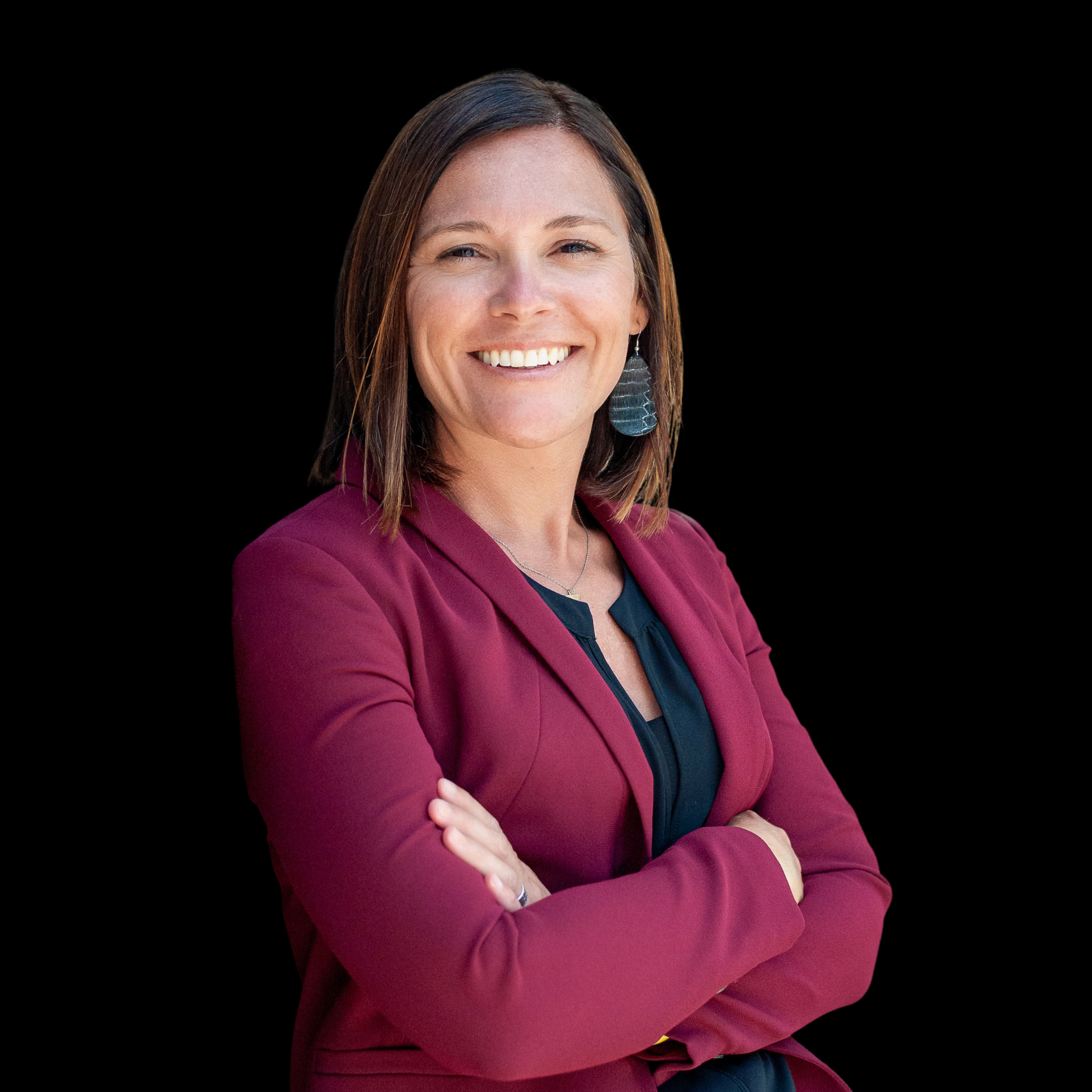 Shelley Seckers, Virginia Tech, Assistant Director, Financial Management Shelley Seckers, Virginia Tech, Assistant Director, Financial Management
Shelley Seckers is the Assistant Director for Financial Management. Shelley has led the Fiscal Training Team in developing and implementing the program for the past four years. Before joining the team, Shelley worked for Mining and Minerals Engineering where she assisted with daily departmental operations, and before joining Virginia Tech, she was a teacher for 14 years.
Shelley has a Bachelor of Science degree from Longwood University, and a Master of Arts degree in Educational/Instructional Technology. She recently earned her Project Management Certification.
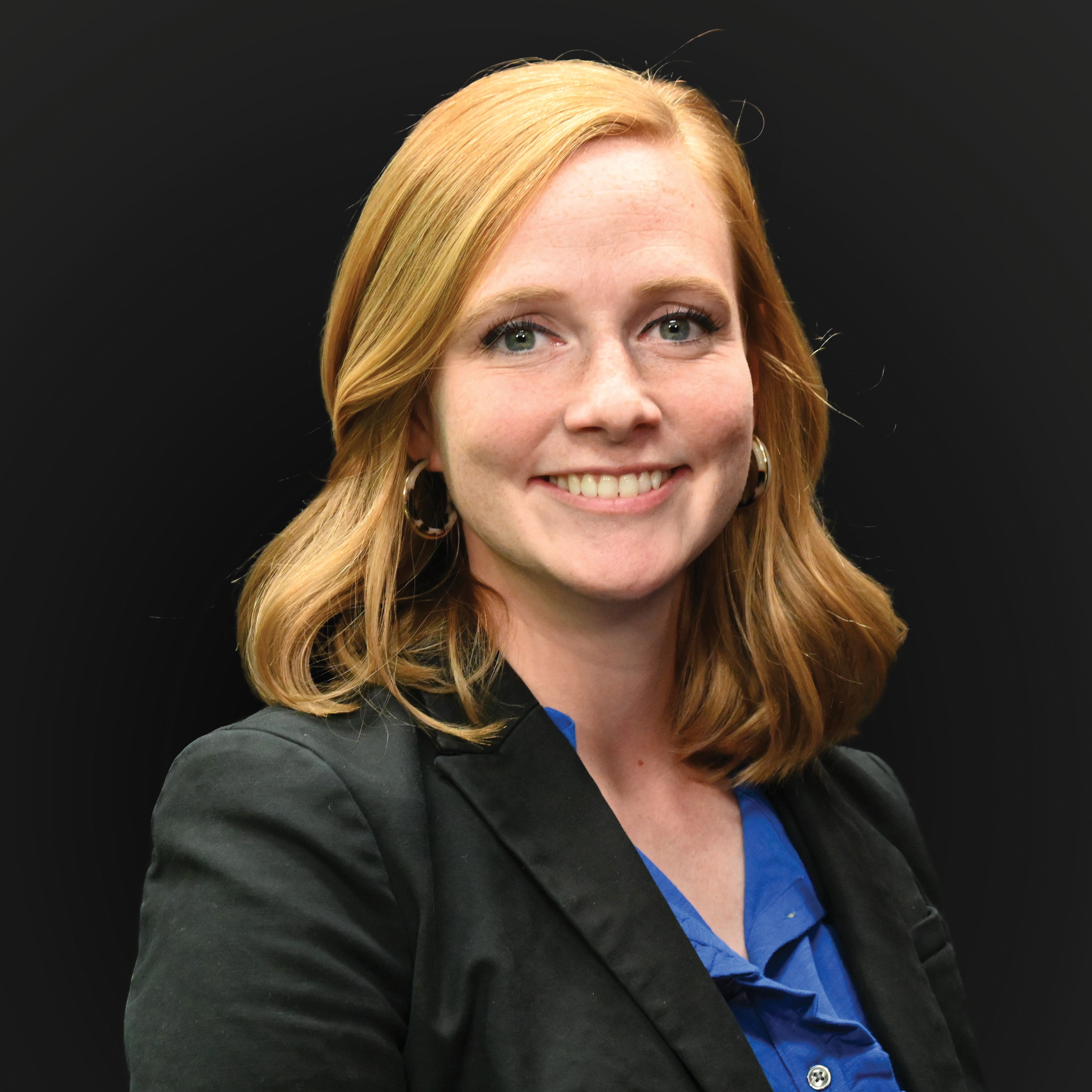 Brianna Saville-Reynolds, Virginia Tech, Fiscal Training Coordinator - Data Analytics Brianna Saville-Reynolds, Virginia Tech, Fiscal Training Coordinator - Data Analytics
Brianna Saville-Reynolds is the training specialist for financial management and accessibility for Financial Management. As a member of the Fiscal Training Team, she uses her background in education to interpret and design the curriculum for finance training initiatives. She is dedicated to supporting best practices in design and instruction and has earned the IAAP Certified Professionals in Accessibility Core Competencies (CPACC).
A Blacksburg native, Brianna graduated from Radford University with her degree in English Education and a minor in Appalachian Studies. Brianna joined the Fiscal Training Team after working five years in the public school system.We would like to also acknowledge our teammate, Kelsey Huffman who is also a Coordinator and is responsible for our onboarding programs and technology training. Kelsey Huffman has traveled with the training team as she is a critical member of the team but is just returning from maternity leave this week. We are so thankful to have her back!
 Matt Swift, Virginia Tech, Coordinator, Training Specialist for Financial Management Matt Swift, Virginia Tech, Coordinator, Training Specialist for Financial Management
Matt Swift shares his wisdom related to best practices through his vast experience at Virginia Tech. He has spent time in the Budget Office, the College of Engineering, and the Research Division. His solution-oriented approach to operational and fiscal challenges helped bring the long overdue training initiative forward.
Matt received his Bachelor of Science degree in Mathematics from Auburn University and also attended UC San Diego.
Session 4D: Holistic Budget Transformation at Georgia Tech
Description
Many higher education institutions have considered redesigning parts of their budget and planning processes, either through implementing a cloud-based planning solution, changing the budget model, or rethinking the requirements for annual budget development. Georgia Tech is in the process of doing all of the above—and more!—to the end goal of total budget and planning transformation. In this session, participants will hear lessons learned from Georgia Tech’s journey, including how to identify opportunities for change, sequence change initiatives, design a new budget model that is customized to your institution, and bring stakeholders along on the journey. GT is still in the middle of its five-year transformation journey, but our story bears lessons for any institution considering big bang vs. incremental changes to budget and planning.
Learning Objectives
1. Determine your institution’s functional and foundational readiness for budget and planning transformation
2. List the components of holistic budget transformation (people, process, technology, data)
3. Recognize common challenges in budget and planning transformation and steps to mitigate them
Speakers
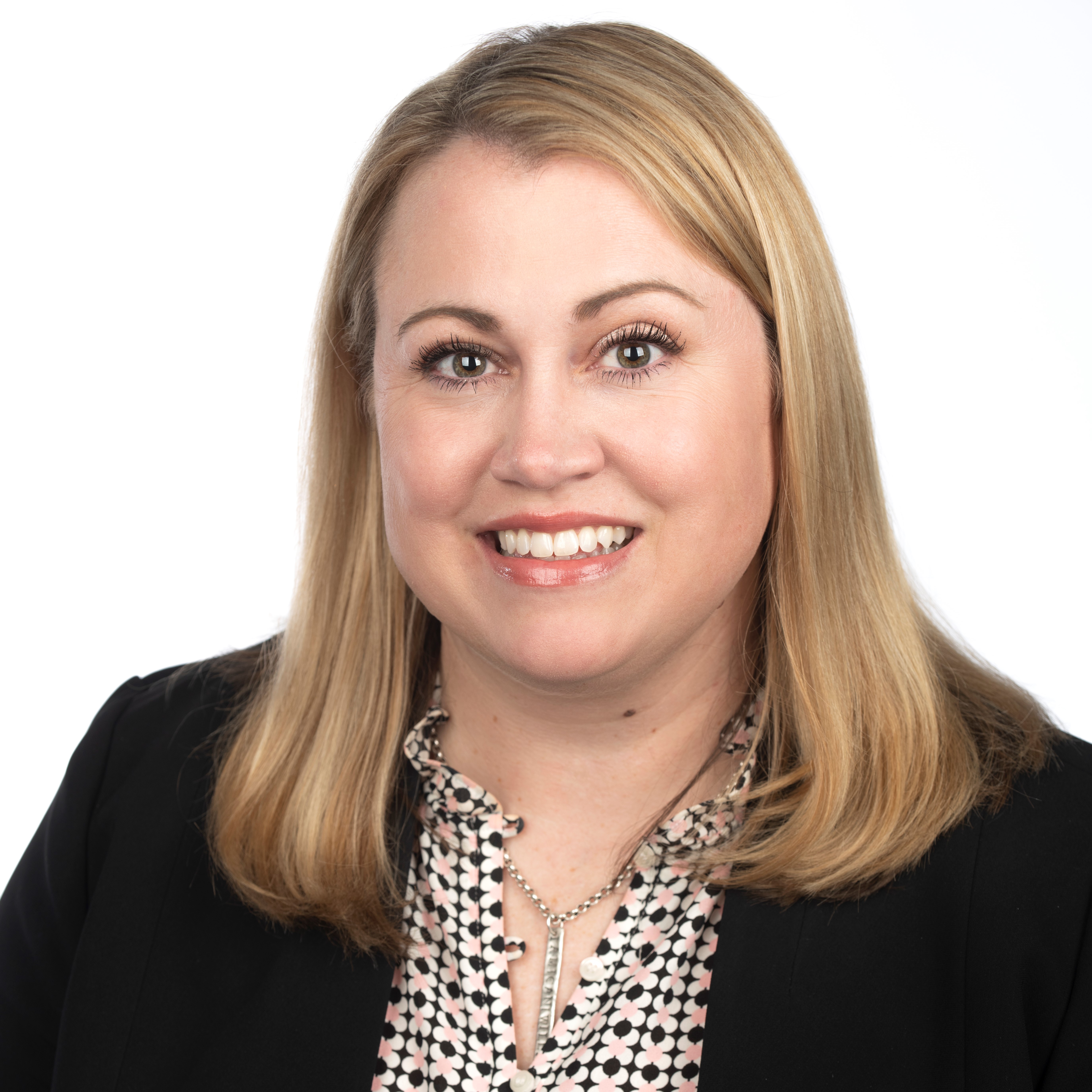 Jamie Fernandes, Georgia Institute of Technology, Executive Director, Institute Budget Planning and Administration Jamie Fernandes, Georgia Institute of Technology, Executive Director, Institute Budget Planning and Administration
Jamie Fernandes currently serves as the executive director for Institute Budget Planning and Administration where she is responsible for the preparation, monitoring, and administration of the Institute’s annual budgets. Prior to joining Georgia Tech, Jamie served other University System of Georgia institutions including Kennesaw State University and Georgia State University/Georgia Perimeter College where she was instrumental in consolidating the two schools. Jamie earned her MPA degree and a bachelor’s degree in public relations from the University of Georgia.

Evelyn Galletti, Deloitte Consulting, Senior Manager
Evelyn C. Galletti helps colleges and universities design and execute technology-enabled service delivery transformation initiatives to advance their missions. Her focus is on administrative modernization and financial management, including budget model redesign. Evelyn has over 14 years of project leadership experience in a variety of settings. Prior to joining Deloitte, Evelyn worked in Financial Planning & Analysis at Vanderbilt University, reporting to the CFO, during which she supported the institution in spinning off its medical center, implementing a Cloud-based planning tool, shifting to GAAP budgeting and a new budget model for internal reporting, and also served as budget officer to the COO.
Before transitioning to higher education, Evelyn’s focus was in leading multinationals through the strategy, design, and execution of global Shared Services and Outsourcing projects, with Finance always a core function. Evelyn draws on these service delivery transformation experiences in her work with higher ed institutions. In her spare time, Evelyn serves on the Board of Directors for Nashville Ballet. Evelyn received her Master of Business Administration from New York University Stern School of Business and her Bachelor of Arts from the University of South Carolina Honors College, where she was Phi Beta Kappa.
 Kaitlyn Maloney, Deloitte Consulting, Manager Kaitlyn Maloney, Deloitte Consulting, Manager
Kaitlyn Maloney is a Manager in Deloitte’s Higher Education practice with over nine years of experience in the higher education industry. At Deloitte, she partners with higher education institutions to transform their enterprise services, with a focus in budget and planning. Prior to joining Deloitte in 2021, she served as senior director at EAB, overseeing their research program for higher education business leaders. In this capacity, she led research projects on topics including finance transformation, budget model redesign, and service delivery modernization.
She has presented her research to hundreds of college and university presidents and cabinet leaders, both at EAB-hosted conferences and in cabinet presentations, and has partnered with institutions in the US, Canada, the UK, and Ireland to provide research-backed guidance on financial and administrative best practices. Kaitlyn started her professional career at PwC, during which time she obtained her Certified Public Accountant license. She holds a M.S.Ed. in Higher Education from the University of Pennsylvania Graduate School of Education and a B.B.A. in Accountancy from the University of Notre Dame.
Session 4E: Physical Security on Campus
Description
This presentation is a high level overview of physical security designs in higher education. It will provide information on access control, video surveillance, intrusion detections system, shot detection, and license plate recognition technology applications in higher education. The goal of this presentation is to provide information to an audience that makes decisions on financial implications for the safety and security of their institutions. It will help add context and possibly help develop thought provoking conversation with their institutions public safety professionals as they decide what safety and security best practices to implement for their institutions security posture.
Learning Objectives
- Differentiate between the various applications of physical security technology.
- Realizing that physical security applications and technology can assist with building automation and needs to be included in design conversations.
- Help decide about the importance of establishing physical security in the institution hierarchy.
- Identify the importance of establishing a budget for all construction projects related to physical security.
- Understand the importance of being proactive vs reactive with physical security design and implementation.
Speakers
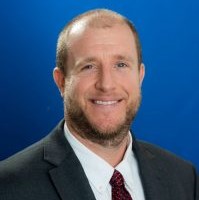 Joe Carriker, University of Florida, Director of Physical Security Joe Carriker, University of Florida, Director of Physical Security
Joe Carriker has over eighteen years of combined law enforcement/security experience and over thirteen years of physical security management experience. He has worked as a police officer or physical security professional in higher education since 2005.
Joe earned a Bachelor of Science degree in Criminal Justice and a Master of Science degree in Vocational Education in Business Information Technologies, both from East Carolina University in Greenville, North Carolina. Carriker holds a designation of an ASIS International certified protection professional (CPP) and is also a Crime Prevention Through Environmental Design (CPTED) practitioner with advanced knowledge of safety and security principles.
Joe is UF’s Director of Physical Security and is responsible for campus safety and security systems while providing expert leadership to the university through oversight of safety and security systems and campus-wide planning for physical security.
|